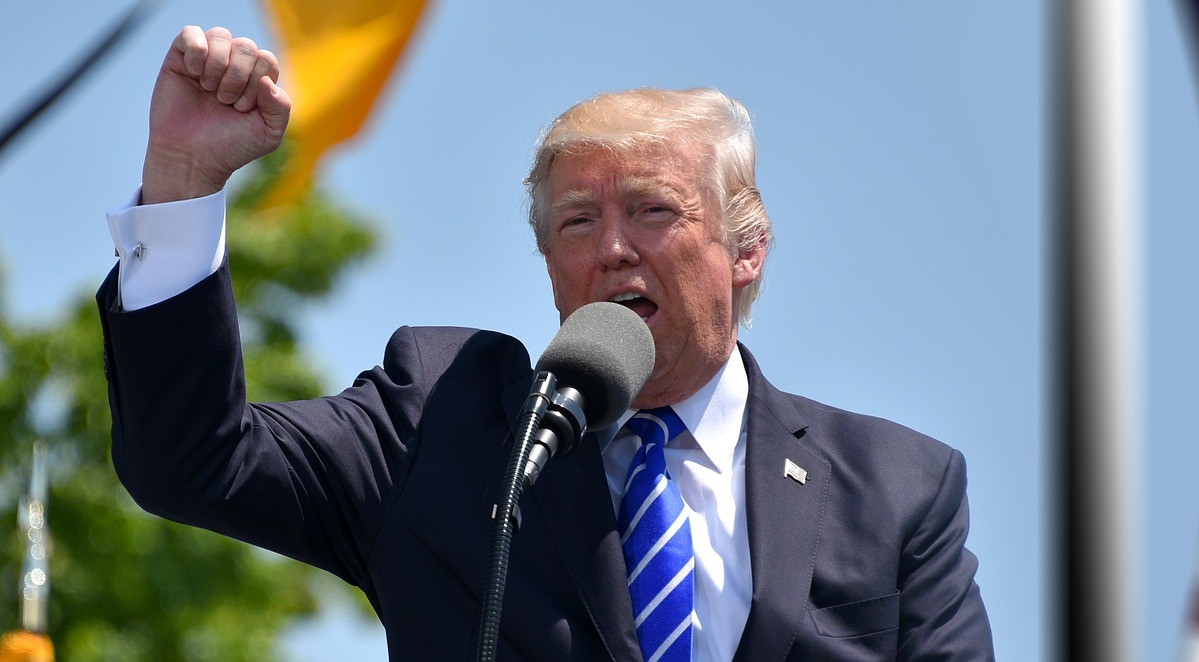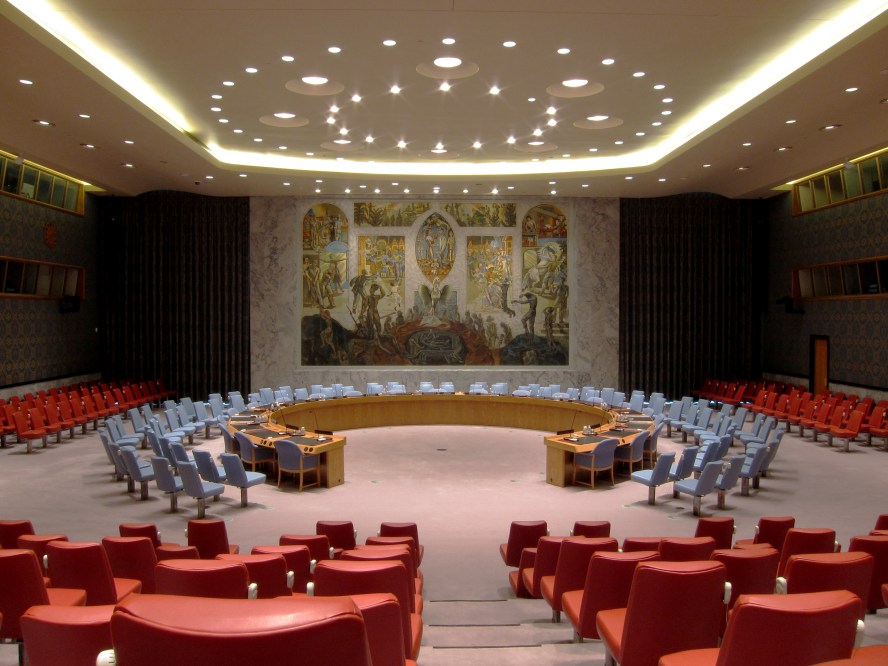Latest
-

Recognition Before Rules: Postcolonial Memory and the Reception of China and the West
By Stefan Messingschlager – Why does the West’s ‘rules-based order’ resonate so weakly in the Global South compared to China’s rhetoric of recognition and equality? Drawing on Kenya’s Madaraka Express and Argentina’s Cauchari solar park, this essay argues that global norms thrive only when dignity precedes standards.





